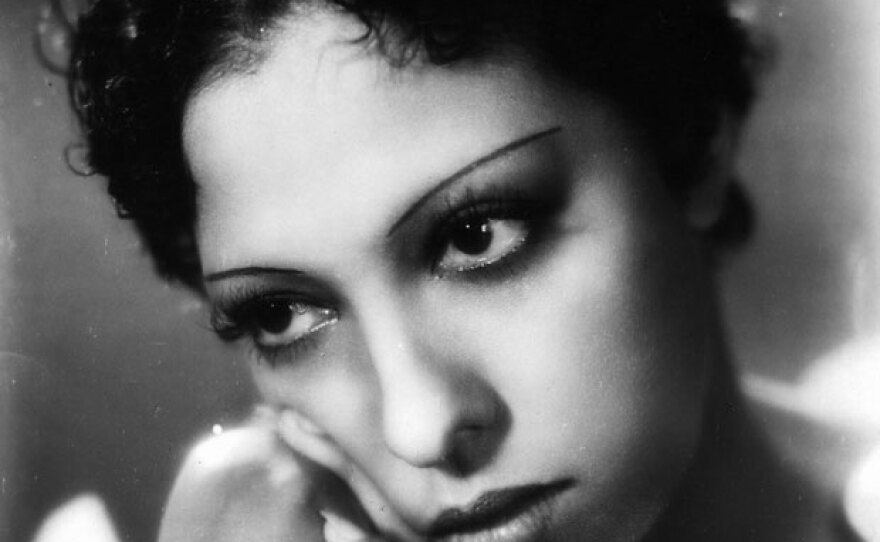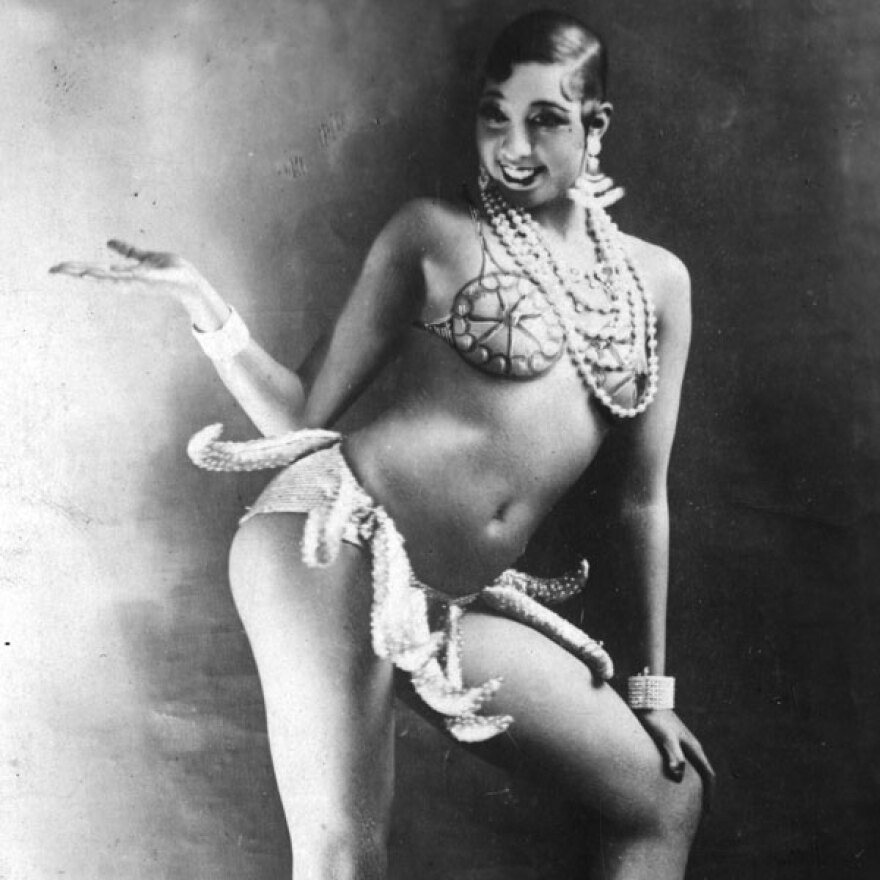They seemed to have it all – glamour, power, wealth and adoration. Grace Kelly, Coco Chanel, Audrey Hepburn, Indira Gandhi, Madame Chiang Kai-shek... they were worshiped, loved and sometimes even feared by millions the world over. These were the pioneers who showed that a woman could be the equal of any man. But behind the public success, there was so often private heartache and personal tragedy. Featuring archive, interviews and dramatic re-enactment, this series reveals the price these extraordinary women paid for their achievements. Yet in the end, they overcame all adversities to emerge as triumphant, inspirational icons of the 20th century.
"Josephine Baker" - Josephine Baker was a black entertainer who took the world by storm. Born into poverty in America’s mid-west, she witnessed first-hand the brutal violence of the East St. Louis Race Riots of 1917, then the worst in U.S. history. Determined to escape a life of deprivation and racial prejudice, she danced her way to New York and then Paris.
Famed for her ‘Banana Dance,’ performed at the famous Folies-Bergère, by the end of the 1920s, Josephine was making more money than any other entertainer in Europe. With her own nightclub, a famously flamboyant lifestyle and a personal wealth estimated at over a million dollars, Josephine captivated the hearts and imagination of her Parisian audiences.
Her reception couldn’t have been more different back home in America. Josephine was not only rejected by critics and theatre-goers there, but also hotel staff who refused to let her enter their establishments except via the servants entrance because she was black. Josephine took French citizenship and even worked on her adopted country’s behalf as an undercover agent during the Second World War, risking her life, smuggling secrets in her sheet music. When entertaining allied troops, she insisted that black and white soldiers sat together, controversial for a U.S. army which still practiced segregation.
After the war she continued the fight for Civil Rights which included the adoption of twelve children of different races from around the world, a social experiment which she named her "Rainbow Tribe." Invited back to the States she joined Martin Luther King Jr. on the March on Washington in 1963 and was the sole female speaker.
But if her crusade for equality in America finally found success, her personal life reached crisis point. Her marriage collapsed because of her constant traveling and extravagant spending. Worse still, her naivety with money culminated in the loss of her home. Left penniless, unable to support herself and her children she was forced to perform with ailing health and before diminishing audiences. She was eventually rescued by Princess Grace of Monaco and a triumphant return to the Paris stage in 1975 would bring an unexpected finale to the incredible life of a cultural icon.
Distributed by BBC Worldwide
















